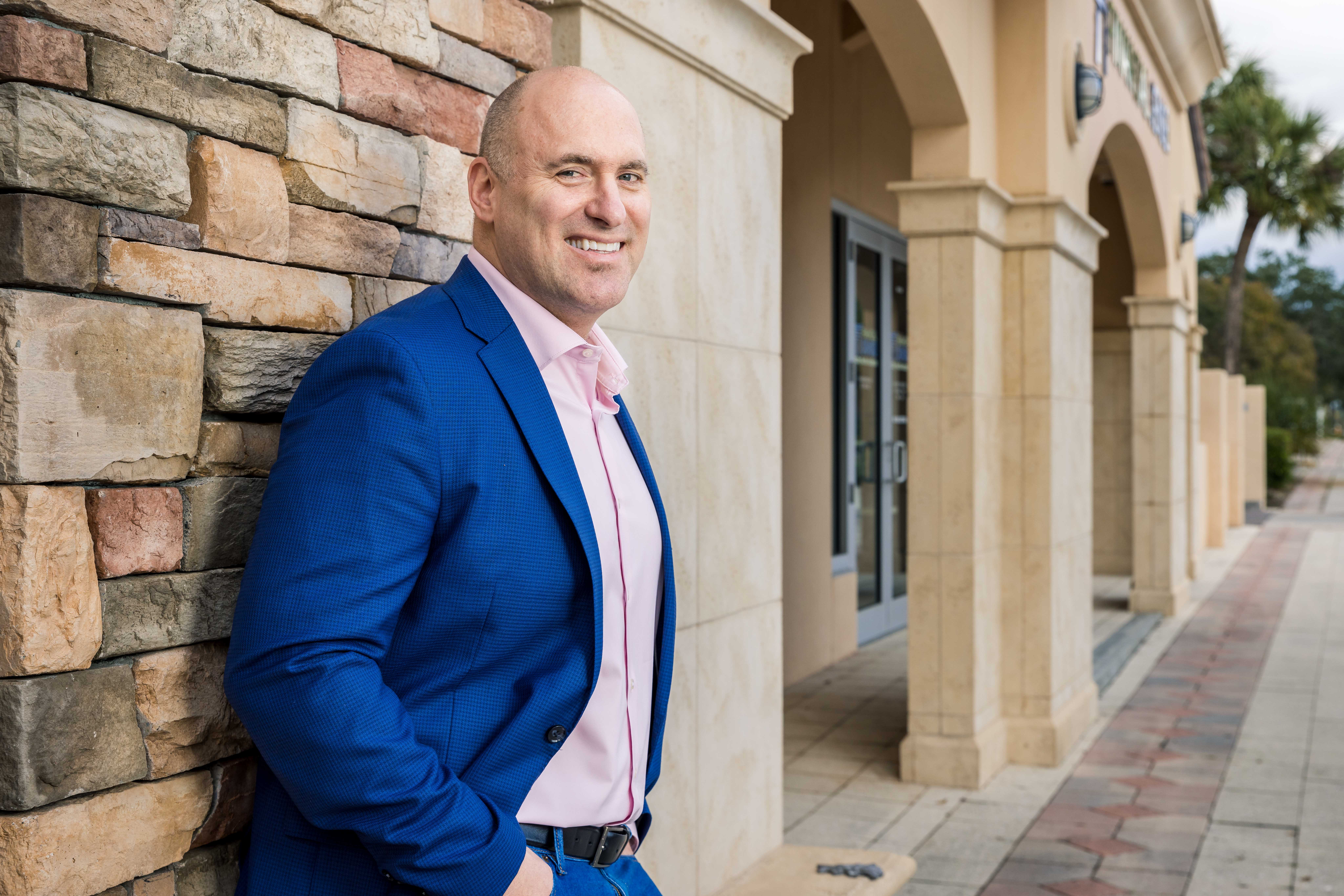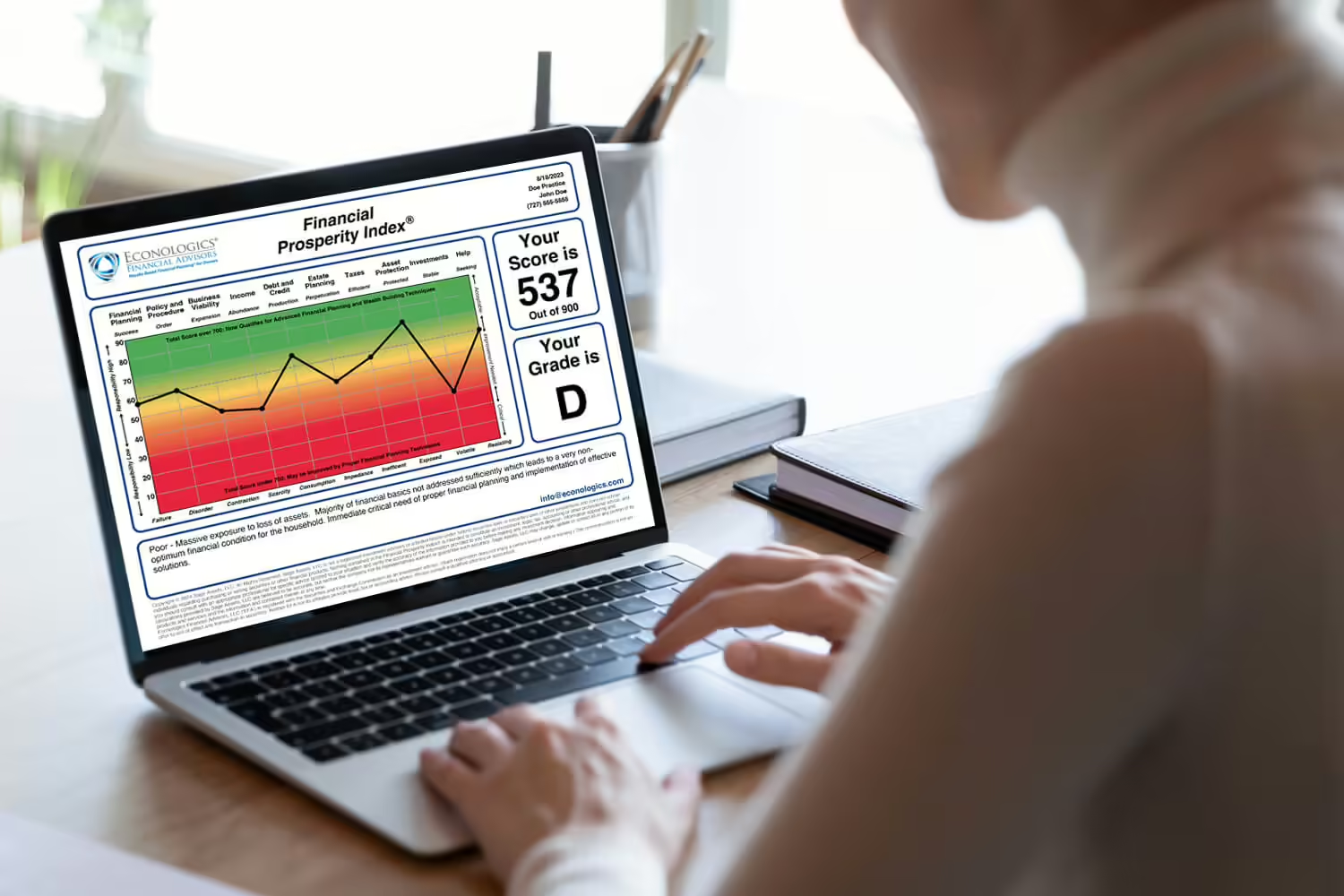When is the Right Time to Sell My Practice? – The 5 Most Important Factors You Need to Consider BEFORE You Sell Your Practice
If you have owned a healthcare practice for any length of time, there have undoubtedly been moments when you contemplated selling. The reasons for selling will vary from person to person, but essentially it all boils down to a fundamental desire to change the game of life – end one chapter and engage in something new. This decision doesn’t come lightly. It’s not like you just wake up one morning and say, “I think I want to sell my practice today.”
Over the last 10+ years, I have had the good fortune to have over 20,000 conversations with practice owners regarding finances and business. In the last 4 years we have seen an uptick of our clients getting purchase offers or wanting to sell their practices for a purchase price anywhere from $300,000 to $25,000,000. Needless to say, I have seen just about every scenario. I have seen it go well…and not so well and here’s what I’ve learned: THE MORE YOU PLAN YOUR TRANSITION PROCESS THE EASIER IT WILL BE TO SELL YOUR PRACTICE TO THE RIGHT BUYER FOR A PREMIUM.
Your practice sale is likely to be the single largest financial transaction of your life so you must ensure you are doing it for ALL the right reasons. Fundamentally the sale of your business should benefit you, your buyer, your employees, your patients or clients, and the community. This is not a zero sum game – you should do what you can to be sure everyone wins. Those who sell their practice to the highest bidder without taking all those other people into consideration will inevitably lose in the long run. Trust me, I’ve seen the results.
The environment for selling a practice is excellent. In many sectors, private equity groups are still popping up, practice brokers are abundant, and multiples for what businesses are selling for is still higher than years past. In truth, there are over 100 things I could suggest you analyze before you go through the sales process, but for the sake of brevity, I want to provide you the top 5 most important things you should focus your efforts on before you consider looking for the right buyer and decide, “I want to sell my practice today.”
- Make sure you are not selling your medical practice in a condition of weakness. If you want to sell your practice because you are feeling “burned out,” trapped, fearful of some “doomsday” event, or in some sort of a scarcity mindset, then you need to give yourself a check-up from the neck-up (or call me and I’ll help you trough it). In the long run, I have never seen a positive outcome when a practice owner sells their business in this emotional state. You will ultimately regret this decision and it will hurt your financial and emotional well-being. It may not always be possible to sell out “on top”, but you should be exiting your practice with your head held high and not with a whimper or out of relief. Consider hiring a practice management coach to help you with HR policies and procedures, training, patient care, and building an independent practice.
- Make sure the financial terms of the practice sale is enough. While it may not always be correct to sell your practice for the highest purchase price, let’s face it, the final price tag does matter. The amount of money you receive for the transaction must be able to provide enough cash flow in order allow you to live the lifestyle you need and want. Many medical practice owners don’t realize just how much compensation the practice provides their household until they sell the practice for what seems like “a lot of money” and then run out of income and savings in 5 years. The practice sale will almost never provide you as much income as if you continued to operate the business in the long term, but that doesn’t mean you are trapped. You must be prudent about creating OTHER income sources outside of the business – while you still own it – so that when you decide the time is right, the net sale proceeds should provide more than enough income (in addition to your other sources) so you can comfortably live the rest of your life without ever running out of money. This must be calculated years before you decide to sell to ensure your needs will be met and to answer the question, “when is the right time to sell my practice?” Without a plan on how to create additional income streams during your working years, you will be destined to live a fixed income lifestyle in retirement that most likely will be way below what you are accustomed to.
- Know exactly where the sale proceeds will be invested BEFORE the transaction occurs. It’s no secret that the reason celebrities and athletes go broke shortly after they “retire” from their main cash flow source is largely because they are lousy at managing money. This comes down to simple financial planning during working years. You should start by getting a practice valuation, and then create a written financial plan of how to allocate the proceeds at the time of sale. It will take expert help and a little time and attention on your part, but most importantly this planning should be done BEFORE the money hits your account. THIS IS THE SINGLE BIGGEST MISTAKE I HAVE SEEN PRACTICE OWNERS MAKE WHEN SELLING THEIR BUSINESS. I have observed the behavior of people when they come into enormous sums of money; they either become a super spendthrift or they are overly protective of spending. Neither behavior is good. After you sell your practice and the proceeds are deposited in your account, you will have the best intentions of managing that money to last your lifetime. But unfortunately, I’ve witnessed practice owners who try to “wing-it” will slowly lose all their money (in a relatively short period of time) on malinvestments, lending money to untrustworthy people, or buying unnecessary luxury items. Conversely, I have seen sellers hold on so tightly to their money post-sale and do nothing with it because they fear losing it. Either way of handling proceeds of the sale of your practice are detrimental to your future success in the transition process. The moment you are in practice sale negotiations, you should be getting all of your future investment and cash flow channels lined up so the money can flow easily into them as soon as you leave the closing table so that you can get on with the next phase of your life. Money is not meant to stay static.
- Know the Tax implications. Most practice owners start their business from scratch. If this is you then when you sell your practice, you are likely to have the majority the sale subject to Capital Gains The rate you will pay can vary from state to state and from year to year (depending on politics), but recent history the rate has been 25-35% tax of the sale. So for example, if your sale is $10,000,000 and you live in California, get ready to pay north of $3,000,000 in tax. Ouch. No one likes to pay capital gains tax, but there is good news – Currently there are a few different methods to defer and/or reduce the capital gain tax on a sale, but these opportunities are a moving target as tax laws can change yearly and they all have to be planned in advance of a transaction that would trigger it. It is your responsibility to know the tax liability and have a plan for how to pay the taxes and additional fees that are involved in a practice sale. Confront that future problem now! It will not benefit you to wait to do a practice valuation the year you want to sell your practice and then find out what you will net on the transaction after paying the capital gain tax. This is where planning can truly save your bacon and potentially help you keep more of the value you have created in this tangible and intangible asset. Don’t wait to learn what you “coulda, woulda, shoulda” and give a large percent of your life’s work to the IRS.
- Have your next game in life ready to start the day after your practice sale. If you own a business, then you are not hardwired to simply do nothing in “retirement”. There is no faster way to the grave then to have no purpose in life – especially if you have been on the go for 20+ years with a mountain of responsibility and then suddenly have tons of “free time” with nothing to do. Retirement is a dangerous status that tends to put a person in a position of low activity which then lowers the demand for income and then subsequently their assets begin to diminish – especially for a practice owner. Don’t worry, I am not suggesting you start another business just to keep busy. However, I am suggesting that you have a meaningful purpose you have defined you want to accomplish in life after you go through the transition process. You will have free time open so be sure to line up activities that you enjoy but make sure at least one of them is aligned with creating some sort of value to others like volunteer or philanthropic work. You will thank me for this final piece of advice!
If you find yourself wondering, “What will my financial life look like if I sell my practice,” and you need some help doing the math and looking at all the scenarios of the best option and timing to “retire” from practice ownership, I’m happy to help. We advise practice owners at every phase of ownership – from start-up, through the expansion and practice transition years, all the way through practice sale and exit and beyond. If you are serious about finding potential buyer and selling your medical practice, then you should have someone do a practice valuation, analyze your current financial situation and advise you on next steps to ensure a successful and profitable exit with ease for your household. Selling your practice does not signify the end, it simply is the start of a new journey. Make sure you don’t leave the selling process up to chance or wait until it’s too late to maximize the biggest transaction of your life. Hire an expert guide who will work alongside you and help you confidently navigate the process. Schedule your free 30 minute consultation with an Econologics® Specialist to get your questions answered about selling your practice and download your free checklist on Exit Planning today!
Econologics Financial Advisors, LLC (‘EFA’) is registered with the Securities and Exchange Commission as an investment advisor. (Such registration does not imply a certain level of skill or training.) This communication is not an offer to sell or effect any transaction in securities. Neither EFA nor its affiliates provide legal, tax or accounting advice. Please consult a qualified attorney or accountant










